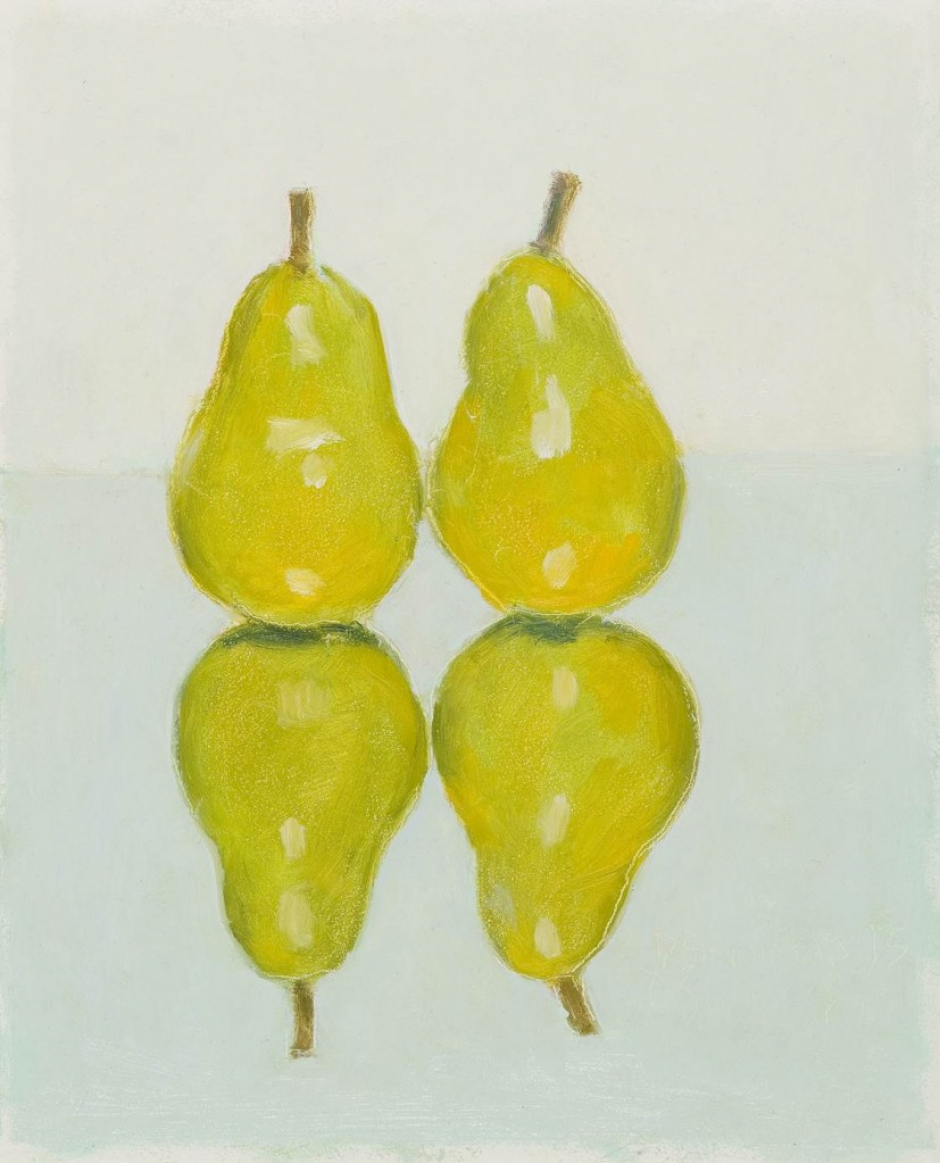Octopus
Just in through the door I spot an old rival.
He is wearing his trademark thick cream suit,
with tangerine buttons and green satin lining.
He is yacking, straining words through his teeth,
a way of speaking he calls susurration.
An affectation, it leaves him short of breath
and prone to changing the subject at the first sign
that anyone listening is starting to get him.
His is the art of being boring.
I meet an Israeli man, draped in a caftan
that’s cinched at the waist, a crimson stain
spreading out from the herringbone pin
as though in fastening it he pierced his skin.
It’s all in-jokes in the Discothèque Disco scene;
we all tilt lightly toward what we likely mean.
Alex is here, refusing, as usual, to give in,
hamming it up on the outermost fringe
of the fringiest scene: the fabulous transmen.
His wife is with him, trying not to cringe,
trying to pretend it’s all last year’s news,
being supportive, though she still finds strange
his compulsion to dress up in women’s clothes,
modelling for her on a Saturday night
his latest sheer frocks and low-rise shoes.
She feels ashamed for not being more on side,
hence her anger. “Please, don’t say ‘trannys,’
her switch-blade tone setting me right.
Who better than a poet to know it’s not easy
being locked inside a diminishing role,
pretending everything’s fine, everything’s rosy.
I gander due west, heeding nature’s call,
until arrested by an on-the-go girl, in hairband,
sucking a dumbtit, her freckles all sparkles,
who holds before my face her slender hand,
its fingers showing signs of hyper extension,
(one senses that with slight pressure they would bend
all the way back to her wrist). Her tiny palm,
meanwhile, is divided in four by a cross,
each sector of which bears a postage stamp,
each one embossed with a propelling octopus.
“To make you swim where few have swum,”
she says, “a life in ten hours, more or less.”
I dab one on the snail-mail of my tongue.
I turn to pay her, but find she has gone,
a wisp inhaled into the club’s cavernous lung.
Nothing then, no tingle, nothing until a line
appears—a zigzag of joins through the parquet
floor. I follow, funamble, one step at a time,
between dancers, until my muscles ache,
until suddenly there comes a flare of lantern light,
the click of a key in a lock, then a creak
as a barn opens to let animals in for the night.
I enter, and there in the door-less first stall
is a plough horse, a grey dappled white.
He is doing his fabled best to affect
an over-the-fence-in-a-weary-sort-of-way look.
His conker eyes have a calming effect,
even when he whinnies, says, you look fucked,
holds before my face two lacquered hooves
he snaps together like halves of a book,
like a prize-fighter his black Everlast gloves.
All this is a ceremony, a preamble
to his presentation to me—a gesture of love,
surely—of a pearl-white harness. I fall
for it immediately, for its Doris Day fifties’ hair,
for it being the corbelled arch a fully-
loaded camel would struggle to go under.
An hour, ten hours or a year has passed.
I find myself standing before a mirror:
that octopus (sub genus Vulgaris)
has injected its lamp-black into my eyeball,
causing my pupil to swell corrosively out into the iris,
like an idea that inflames the public will,
breeding a strongman, a movement, an empire,
leaving all but a few wondering what the hell.
Distress telegrams coming in from everywhere,
again I am with the shuffling masses in the station,
those displaced, who refuse to go to war,
not from cowardice, but from the lingering notion
that they have never been invested in the place
nor ever will be. Notion calcifying to conviction,
I pull out my wallet. A one-way ticket, please,
I relay to the eight-armed station master
who lounges on the other side of the Plexiglas.
I’ve made this trip more often than I can count
and though I swear each time will be my last,
my saying each time becomes more vehement,
which is the strength of my latest last undermined.
This is my truth wrapped up in a lie.
I expect to perform this office until I die.

